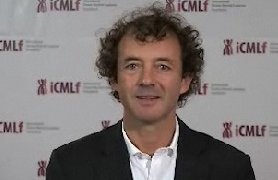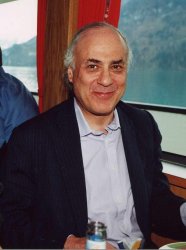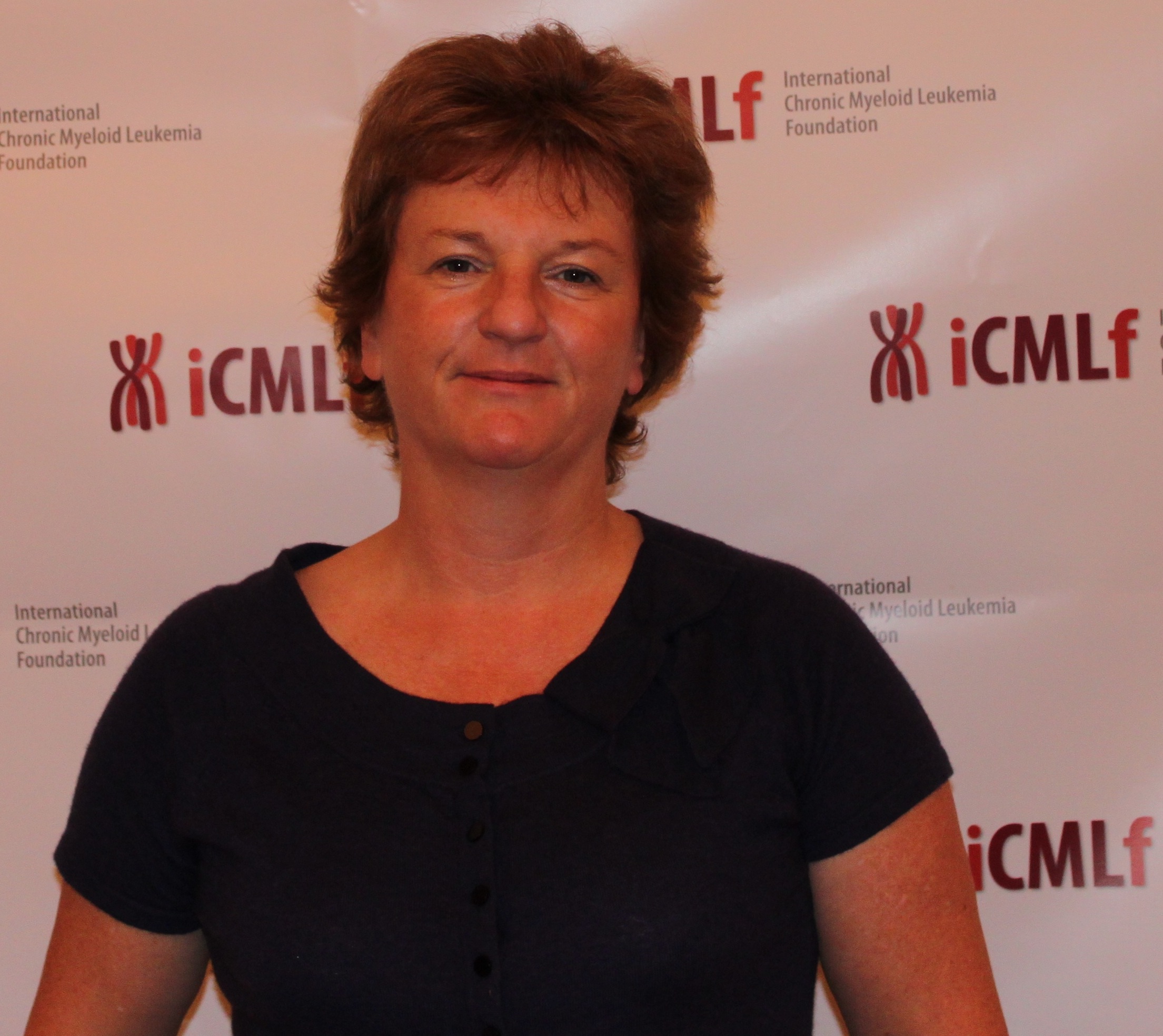About ICMLF
iCMLf Charitable Contributions
iCMLf thanks all its contributors, calls for donations
The activities of the iCMLf are supporting healthcare professionals to access knowledge, skills and tools in order to achieve the best possible outcomes, especially in regions where this assistance is most needed. As a charitable foundation, this is only possible through unrestricted grants and donations. We are grateful for the first private donations that have reached us. Please donate, we appreciate your support!
In addition, for 2011, the iCMLf is very pleased to recognise Novartis Oncology and Bristol Myers-Squibb as a Premium Sponsors, Ariad as Major Sponsor, and The Max Foundation for sponsoring the Virtual Education Program. We are grateful for all support that enables us to support better care for CML patients.
Tributes John Goldman
Tributes to John Goldman
See the links below for other tributes to Professor John Goldman:
Profile_Francois-Xavier Mahon
Professor Francois-Xavier Mahon
Professor and Senior House Physician
University of Bordeaux, France
Professor Mahon gratuated in clinical hematology from the faculty of medicine, University of Bordeaux and received a PhD for his work on "Selection of Normal Cells in Chronic Myeloid Leukaemia". Professor Mahon has completed a Research Fellowship at the Imperial College in London (UK) and is a felllow of the American Society of Hematology (ASH), the European Hematology Association (EHA), the French Society of Hematology, and the European Investigators on CML Group (El-CML). He currently serves as the President of the French Group of CML (Fl-LMC) and today has authored or co-authored for than 160 articles in peer-reviewed journals.
Discussion Forum on Difficult CML Cases
New interactive forum for clinicians discussing difficult CML cases
To share and enhance best practice management of CML the iCMLf has opened a discussion forum where experts and interested clinicians can discuss difficult, or interesting CML patient cases. Clinicians submit a brief history of the patient and the case for discussion (no more than 200 words) to the iCMLf web-site coordinator, Jan Geissler. Each case accepted will be published in the discussion forum with a brief response. Further comments, questions and discussion are invited.
Remembering John Goldman
 Remembering John Goldman
Remembering John Goldman
It is with great sorrow that the iCMLf has learned of the death of Professor John Goldman, after a short illness.
With a worldwide reputation in the study of the biology and treatment of CML John was a true leader, teacher and inspiration to so many. He constantly sought to share his knowledge and experience for the improvement of the treatment of CML globally. So many people with CML are with us now and have benefited from his tireless efforts.
Jane Apperley, MBChB, MD, FRCP, FRCPath
Professor of Medicine Chair, Department of Haematology Hammersmith Hospital
Imperial College, London (UK)
Professor Jane Apperley is the Chair of the Department of Haematology at the Imperial College and the Chief of Service for Clinical Haematology at the Imperial College Healthcare NHS Trust in London, England. Jane Apperley served as the President of both the European Group of Blood and Marrow Transplantation and the British Society of Blood and Marrow Transplantation. She also serves on the Advisory Board of the Centre for International Blood and Marrow Transplant Research.
She qualified in Medicine from the University of Birmingham and after initial specialization in internal medicine she completed specialist training in hematology in Birmingham, London, Cambridge and Boston.
Her particular interests are the biology and management of CML, which has led to an extensive experience in stem cell transplantation and to the use of signal transduction inhibitors. Her group at the Hammersmith Hospital site has extensive experience in the use of the first- and second-generation TKI’s, particularly in the areas of molecular monitoring and mechanisms of drug resistance. She has a long-standing interest in the ways in which hematologic diseases and their treatment impact fertility, pregnancy, and fetal outcome.











